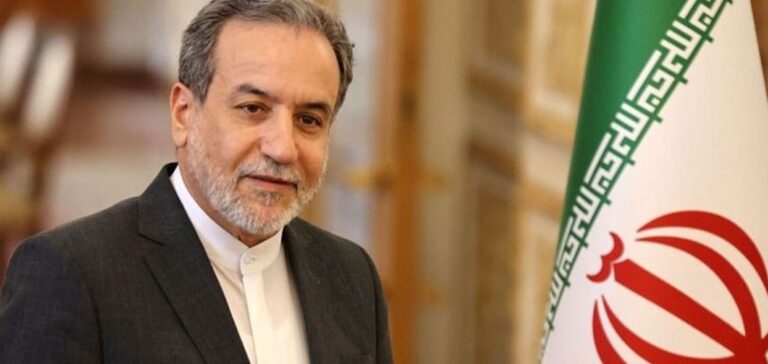The Minister of Foreign Affairs of the Islamic Republic of Iran, Abbas Araghchi, will travel to Moscow at the end of the week for bilateral consultations with his Russian counterpart, Sergey Lavrov. This visit comes in the context of renewed discussions between Iran and the United States regarding Iran’s nuclear programme, scheduled for 19 April in Muscat, the capital of the Sultanate of Oman, under Omani mediation.
The announcement was made on Monday by the spokesperson of the Iranian Ministry of Foreign Affairs, Esmaïl Baghaï, stating that talks would focus on the latest developments concerning the nuclear file. Russia, as a signatory of the 2015 Vienna nuclear agreement — rendered inactive following the United States’ unilateral withdrawal in 2018 — remains actively involved in the current diplomatic efforts.
Resumption of talks under Omani mediation
The United States and Iran, which severed diplomatic ties in 1980, began a new round of indirect dialogue in Muscat on 12 April, supported by the Omani government. This first exchange focused primarily on permissible uranium enrichment levels, a point considered critical by Washington, according to statements from Steve Witkoff, the United States’ special envoy for the Middle East.
The American diplomat indicated that any progress would require transparency regarding Iran’s nuclear production capabilities, rather than a complete dismantling of the programme. Iran, meanwhile, continues to assert its right to civilian nuclear energy and excludes any discussion of its ballistic missile programme or regional influence, both of which it regards as “red lines”.
Agreement remains suspended since 2018
The 2015 agreement, signed by Iran, the United States, Russia, China, France, the United Kingdom and Germany, provided for the gradual lifting of international sanctions in exchange for strict supervision of Iran’s nuclear programme by the International Atomic Energy Agency (IAEA). Before its withdrawal, the IAEA had confirmed Iran’s compliance, including capping uranium enrichment at 3.67%.
Since 2018, Iran has progressively resumed its nuclear activities, increasing enrichment levels to 60% at its Natanz and Fordo facilities. This level, though below the military threshold of 90%, continues to raise concern among the international community.
IAEA director’s upcoming visit
Amid this diplomatic escalation, Rafael Grossi, Director General of the IAEA, is expected to visit Tehran on Wednesday to meet Abbas Araghchi and the President of the Atomic Energy Organization of Iran (AEOI), Mohammad Eslami. It will be his first visit to Iran since last November, when he inspected the country’s nuclear sites.






















